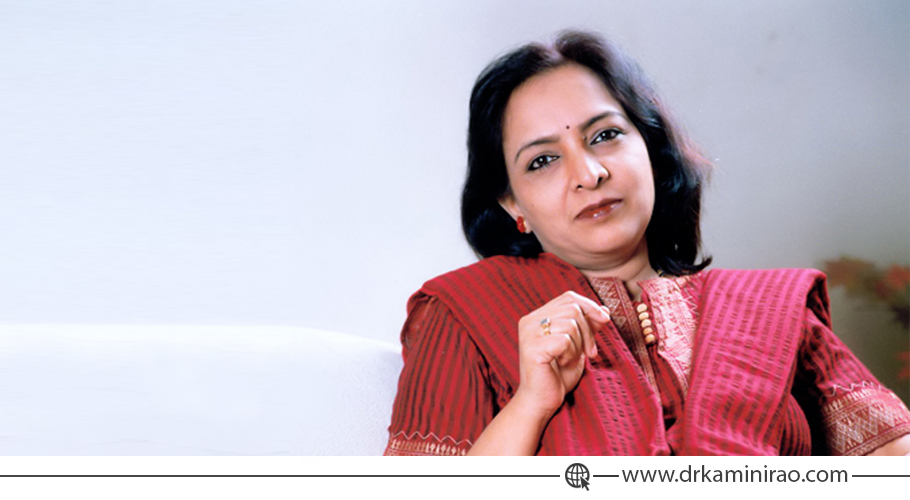
What is early Menopause?
The average age that most women experience menopause is 50. Due to many factors, which include auto immune disorders and genetic abnormalities which affect the ovaries, some women experience menopausal symptoms at or even before 40. During menopause, the female body begins to slow production of sex hormones like estrogen, progesterone and testosterone, resulting in missed or infrequent periods, as well as anovulation (lack of ovulation). It may also bring some unpleasant symptoms, such as mood swings, loss of libido, vaginal dryness and hot flashes. This may be termed as early menopause or premature ovarian failure (POF). Almost 20% of women who experience early menopause have a family history of early menopause. Studies show that 1 in 100 women experience the frustrating symptoms of early menopause before 40.
What is the difference between Early menopause and Premature Ovarian Failure (POF)
Menopause usually occurs around age 50. POF can occur at any age before 40, average at 27yrs. When a woman goes through menopause, she no longer has follicles to produce eggs and does not get her menstrual period.
A woman with POF may still have follicles but they may be dysfunctional. Hence, she might still be getting her periods but they may be irregular. This is one of the symptoms of POF. But remember that there might be other reasons for irregular periods. Always discuss any irregularity with your healthcare provider.
Causes
A few women experience early menopause or POF due to
- Surgeries that remove the ovaries and fallopian tube
- Genetic Disorders
- Autoimmune Disorders including thyroiditis
- Smoking or other toxin exposure
- Chemotherapy or radiation
How early menopause affects fertility
For women experiencing early menopause, estrogen and progesterone levels decline leading to infertility. Hence, it is important to discuss options available to restore fertility with your doctor.
What can be done?
Just because you are going through menopause, doesn’t mean that you cannot have children of your own. There are many options to maximize your chances of getting pregnant.
- In-Vitro Fertilization (IVF) With a success rate of almost 25% for women under 40, IVF is the most sought after procedure for successful pregnancy. IVF involves placing the fertilized egg directly inside the uterus.
- Follicle Stimulating Hormone (FSH) FSH can help induce ovulation in some women going through early menopause. FSH injections can help stimulate ovulation and increase your chances of getting pregnant if you have enough ovarian reserves. On the downside, pregnancy rates using FSH are only 5% per ovulation cycle and begin to decline after the age of 40.
Women going through early menopause should seek treatment, as imbalanced hormone levels put them at an increased risk for certain diseases, like breast cancer, heart disease and osteoporosis.
If you are experiencing symptoms of menopause and you are in your child bearing years, visit an experienced obstetrician & gynaecologist and know what line of treatment is best for you.
